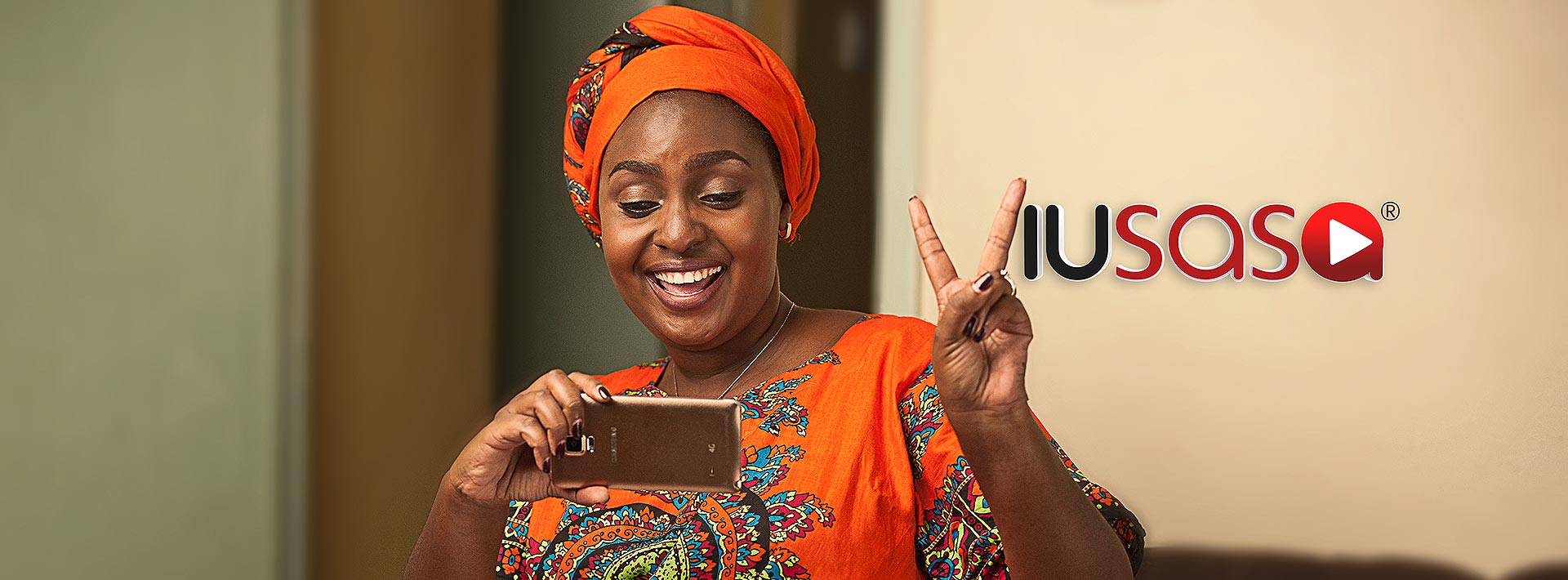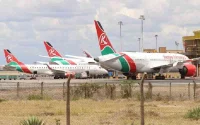At the moment it seems that no matter how many times Viusasa advertises or runs promos, the platform is not gaining traction with Kenyans, instead the numerous commercials on Royalmedia’s individual TV and radio stations are only driving viewers/listeners away.
Revelations that Viusasa has slashed its prices 50% to stay afloat do not come as a surprise, anybody who understands how the broadcast industry works will tell you that the Video on Demand (VOD) platform was never going to make any money with the content that it is currently offering.
Viusasa is modeled after global brands such as Netflix, Amazon Prime, Hulu, CBS All Access and Crackle but the Kenyan platform has gone against all the economic laws of VOD.
The difference between the American platforms and Viusasa is that the foreign firms understand what it takes to have the public pay for content and that is where Viusasa has failed.
Netflix which is currently valued at Ksh 1.6 trillion, approximately half of Kenya’s budget in the current financial year, started out as a DVD rental business in 1997 before venturing into streaming in 2007.
The company has 137 million subscribers worldwide and operates in all countries in the world except Mainland China, Syria, North Korea, and Crimea.
READ: QUALITY JOURNALISM PUSHES NEW YORK TIMES SUBSCRIPTIONS TO RECORD HIGH
It expanded internationally in 2010 and started broadcasting original TV series in 2012 when it debuted its first show Lily Hammer.
Lily Hammer did not perform as well as expected. Netflix had to wait for House of Cards, a political drama to finally capture audiences, it first streamed in 2013.
The success of House of Cards was so scary for America’s free to air networks CBS, ABC, NBC, FOX and the CW that the broadcasters ganged up and set up Hulu, same as broadcasting giants Sony and HBO who started Crackle AND HBO GO respectively.
Netflix also toppled the major VOD at the time, Amazon Prime which has since leveled up on investment.
Here is where Viusasa comes in, Netflix spent Ksh10.1 billion to produce 13 episodes of House of Cards Season 1. Viusasa on the other hand either assumed that the Kenyan audience will pay for average content or underestimated what is required to set up a successful VOD platform after the runaway success of its traditional media subsidiaries including Citizen TV.
Speculation is also rife that Viusasa owes producers money after they delivered their content and are yet to be paid.
The economic laws of VOD platforms are very simple; you have to invest heavily in original content. Viusasa did not invest in quality content and instead splash the cash on bulk hence its unpopularity.
Viusasa also went on an acquisition spree of content that was not exclusive to them; the best example is Churchill Show which airs on NTV. Kenyans were never going to pay for content that they have watched elsewhere without being charged.
If Viusasa had done its research they would have realised that Kenya’s copyright laws are not strong enough to support the VOD business, in the event that Viusasa actually observed the first two laws, there was no guarantee that the shows they would have loaded on the platform would not be pirated given the troubles that the music industry is currently facing with the vice.
As the first local company to venture into the streaming business, it would require serious lobbying to ensure that the government puts in place laws and regulations to curb piracy of local content.
SEE ALSO: BETTY KYALO TO TAKE OVER K24 WEEKEND EDITION
However, after noticing that the model had flopped, instead of reworking the plan and researching on where they had gone wrong, Viusasa slashed its charges from Ksh20 to Ksh10. It is almost inevitable that the results will be the same.
You can’t do things the same way and expect different results.











Interesting read 2 years later. Viusasa is still running since then, from your assessment of things, what’s keeping it afloat despite the prediction of doom that you outline in 2018, and what would you recommend that they do differently?
WELCOME ALL